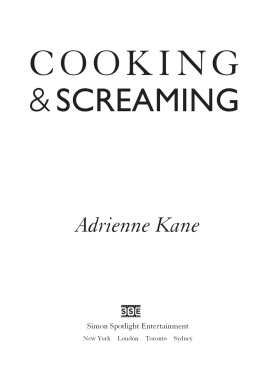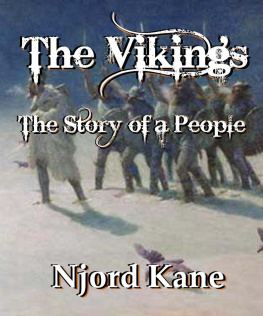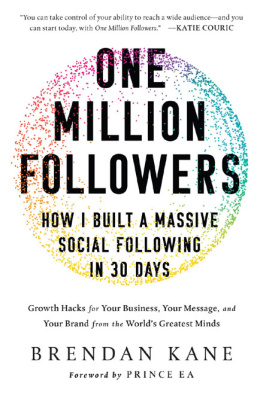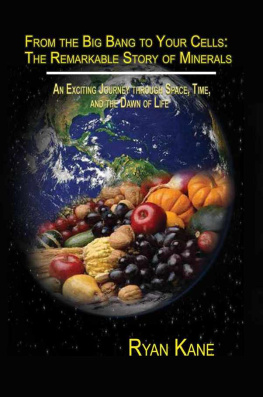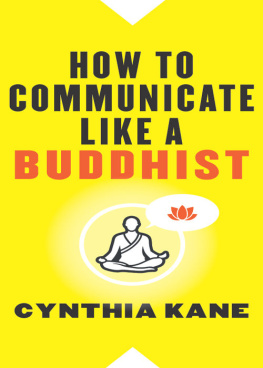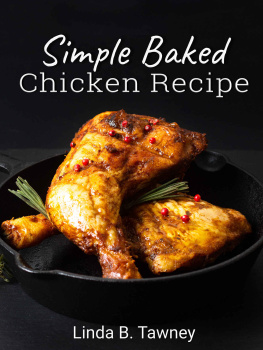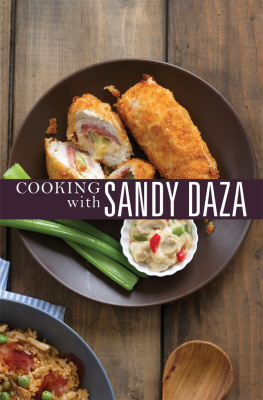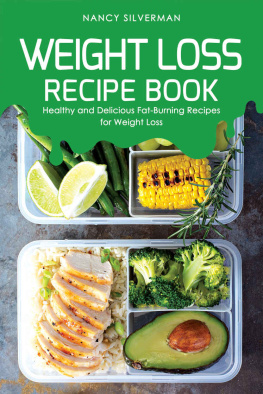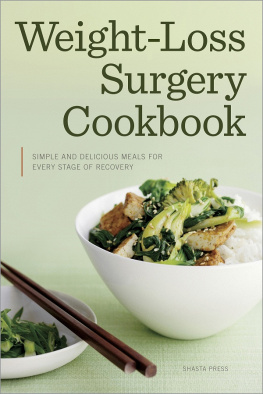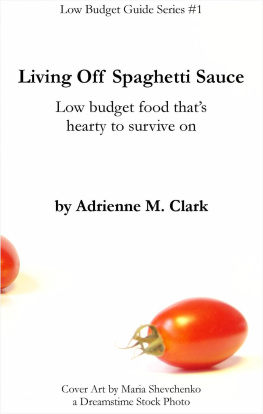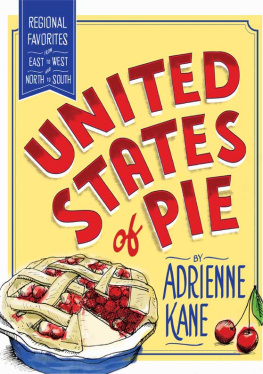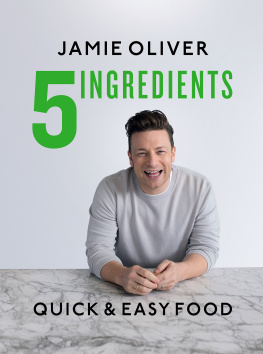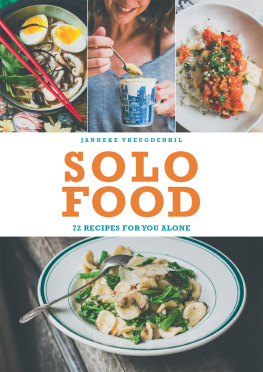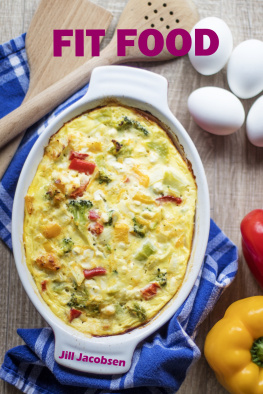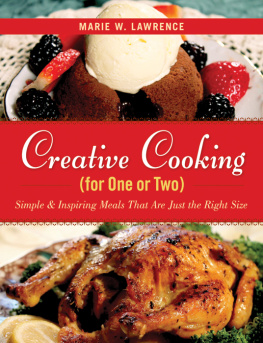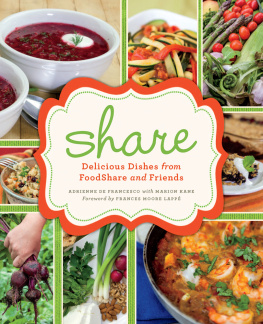Kane - Cooking and screaming : finding my own recipe for recovery
Here you can read online Kane - Cooking and screaming : finding my own recipe for recovery full text of the book (entire story) in english for free. Download pdf and epub, get meaning, cover and reviews about this ebook. year: 2009, publisher: Gallery Books;[publisher not identified], genre: Non-fiction. Description of the work, (preface) as well as reviews are available. Best literature library LitArk.com created for fans of good reading and offers a wide selection of genres:
Romance novel
Science fiction
Adventure
Detective
Science
History
Home and family
Prose
Art
Politics
Computer
Non-fiction
Religion
Business
Children
Humor
Choose a favorite category and find really read worthwhile books. Enjoy immersion in the world of imagination, feel the emotions of the characters or learn something new for yourself, make an fascinating discovery.
- Book:Cooking and screaming : finding my own recipe for recovery
- Author:
- Publisher:Gallery Books;[publisher not identified]
- Genre:
- Year:2009
- Rating:4 / 5
- Favourites:Add to favourites
- Your mark:
Cooking and screaming : finding my own recipe for recovery: summary, description and annotation
We offer to read an annotation, description, summary or preface (depends on what the author of the book "Cooking and screaming : finding my own recipe for recovery" wrote himself). If you haven't found the necessary information about the book — write in the comments, we will try to find it.
Abstract: An inspiring, recipe-filled memoir about loss, recovery, and finding oneself through food and cooking. I rose from my wheelchair slowly, using the arms of the seat to steady myself; I managed to lift my weighty limbs and limp the three steps to the counter. Stirring left-handed, I did not want to leave the warmth of the kitchen. I felt good. And for a moment I forgot about the life that I was living. Being in the kitchen, the sights and smells, the smear of crimson tomato sauce on my borrowed apron, felt like a bit of home, a place that felt so far away. Adrienne Kane always loved food. Waiting by the oven for the sweet, crisp cookies she baked with her mother to emerge. Learning to create a simple yet delicious frittata with her best friend. Fueling long hours of work on her senior thesis with a satisfying tagliatelle. But just two weeks before her college graduation, Adrienne suffered a hemorrhagic stroke that left her paralyzed on the entire right side of her body. Once a dancer and aspiring teacher, she was now dependent on her loved ones, embarrassed by her disability, and facing an identity crisis. The next several years were a blur of doctors, therapists, rehabilitation, and frustration. Until she got back in the kitchen. It started with a stir. A stir and a taste. A little more salt. Maybe a side of crisp, sautEed potatoes. She learned to wield a chefs knife with her left hand, and to brace vegetables with her right. As she slowly stumbled from her quiet resting place at the kitchen table to where her mother stood by the stove, food became not only her sustenance and her solace, it became Adriennes calling. She tested new recipes and created her own, crafting beautiful, delectable feasts for the people who had nurtured her -- her mother and father, who himself had survived a stroke several years earlier; the friends who encouraged her to write a cookbook; and, of course, the boyfriend-turned-husband who stood beside her all the way. Eventually, through determination, hard work, and a healthy portion of courage, she turned her culinary love into a career as a caterer, food writer, photographer, and recipe developer. Filled with simple, tempting recipes and complex, hard-won lessons, Cooking and Screaming is Adriennes moving and heartfelt story of food, loss, work, and joy ... and finding her identity through the most unlikely combination of ingredients
Kane: author's other books
Who wrote Cooking and screaming : finding my own recipe for recovery? Find out the surname, the name of the author of the book and a list of all author's works by series.

